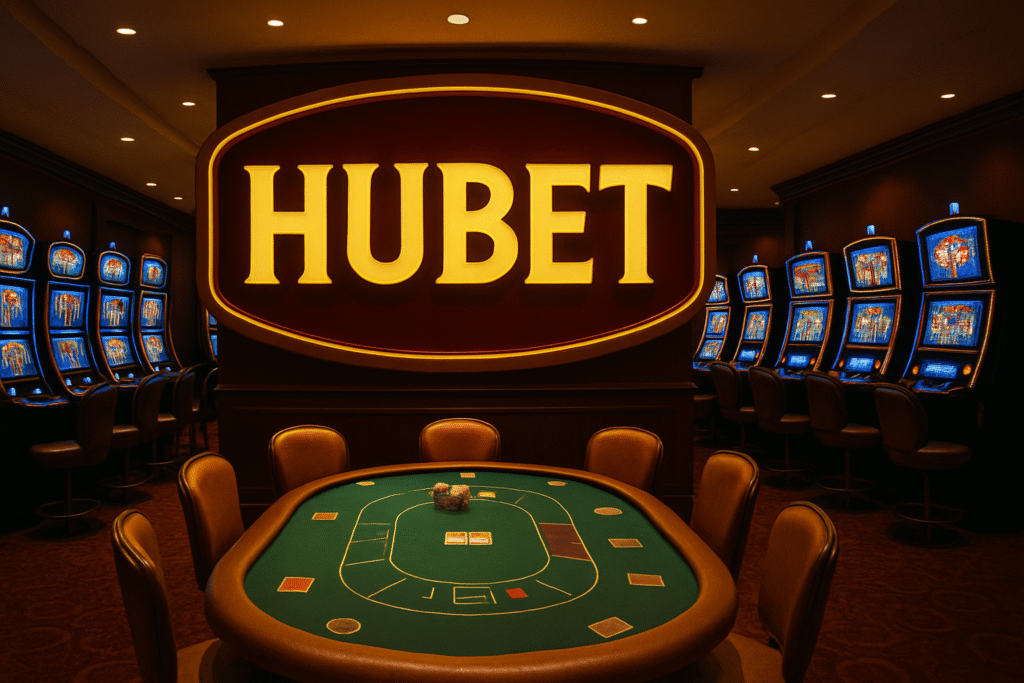
Gambling has been a part of human culture for centuries, offering thrill, anticipation, and the hope of reward. With the rise of digital platforms like HUBET, gambling has become more accessible than ever. But what drives people to place bets, spin reels, or take risks? The psychology behind gambling is complex, blending emotions, cognition, and behavior into a powerful experience.
CASINO HUBET exemplifies how modern online casinos tap into psychological factors to enhance user engagement. Understanding these factors can help players make better choices, set boundaries, and enjoy gambling as entertainment rather than compulsion.
1. The Thrill of Uncertainty
One of the main psychological drivers behind gambling is the thrill of unpredictability. Humans are naturally drawn to uncertain outcomes. The anticipation of a win triggers a dopamine response in the brain, the same chemical associated with pleasure and reward. This is why even near-misses in games—like two matching symbols on a slot machine—can feel exciting.
2. The Illusion of Control
Many players believe their actions influence the outcome of a game, especially in skill-based games like poker or blackjack. Even in games of chance, like roulette, players may develop rituals or “lucky” behaviors. This illusion of control gives players a sense of involvement and mastery, even when outcomes are random.
3. Instant Gratification
Online casinos are designed to deliver fast, seamless experiences. CASINO HUBET offers quick loading times, instant deposits, and immediate game results. This caters to the human desire for instant gratification, making it easier to continue playing without long pauses or interruptions.
4. Social and Competitive Factors
For some, gambling isn’t just about winning money—it’s about the social experience. Leaderboards, tournaments, and live dealer games add a layer of competition and community. Interacting with others enhances enjoyment and gives players a sense of belonging, which is especially appealing in digital environments.
5. Escapism and Mood Regulation
Many people turn to gambling as a way to escape stress or improve their mood. The immersive environments, engaging graphics, and exciting gameplay on platforms like HUBET provide a temporary distraction from daily life. However, relying on gambling as an emotional crutch can lead to problematic behavior if not managed carefully.
6. Reinforcement Schedules
Slot machines and other casino games often use variable-ratio reinforcement schedules—the same method used in behavioral psychology to encourage repeated actions. This means wins are delivered unpredictably, which keeps players engaged and coming back. The occasional reward strengthens the habit, even when most outcomes are losses.
7. The Gambler’s Fallacy
A common cognitive bias in gambling is the belief that past outcomes influence future results. For example, a player may think a slot machine is “due” for a win after a losing streak. This faulty reasoning can lead to chasing losses, increasing risk, and ignoring the randomness of the games.
8. Financial Motivation vs. Entertainment
While the chance of winning money is a motivator, studies show that many people gamble primarily for entertainment. The design of CASINO HUBET supports this by focusing on game quality, variety, and user experience—offering fun first, with potential winnings as a bonus.
9. Responsible Gambling Awareness
Understanding the psychological elements of gambling is also key to developing responsible habits. CASINO HUBET includes tools like deposit limits, self-exclusion, and access to gambling support organizations. These resources help users enjoy the experience without letting it negatively affect other aspects of their lives.
In conclusion, the psychology of gambling reveals why it’s such a compelling activity. By recognizing the emotional and cognitive factors at play, players can make informed decisions and enjoy the experience safely. With a thoughtful approach and the support of reputable platforms like CASINO HUBET, gambling can remain a fun and balanced form of entertainment.